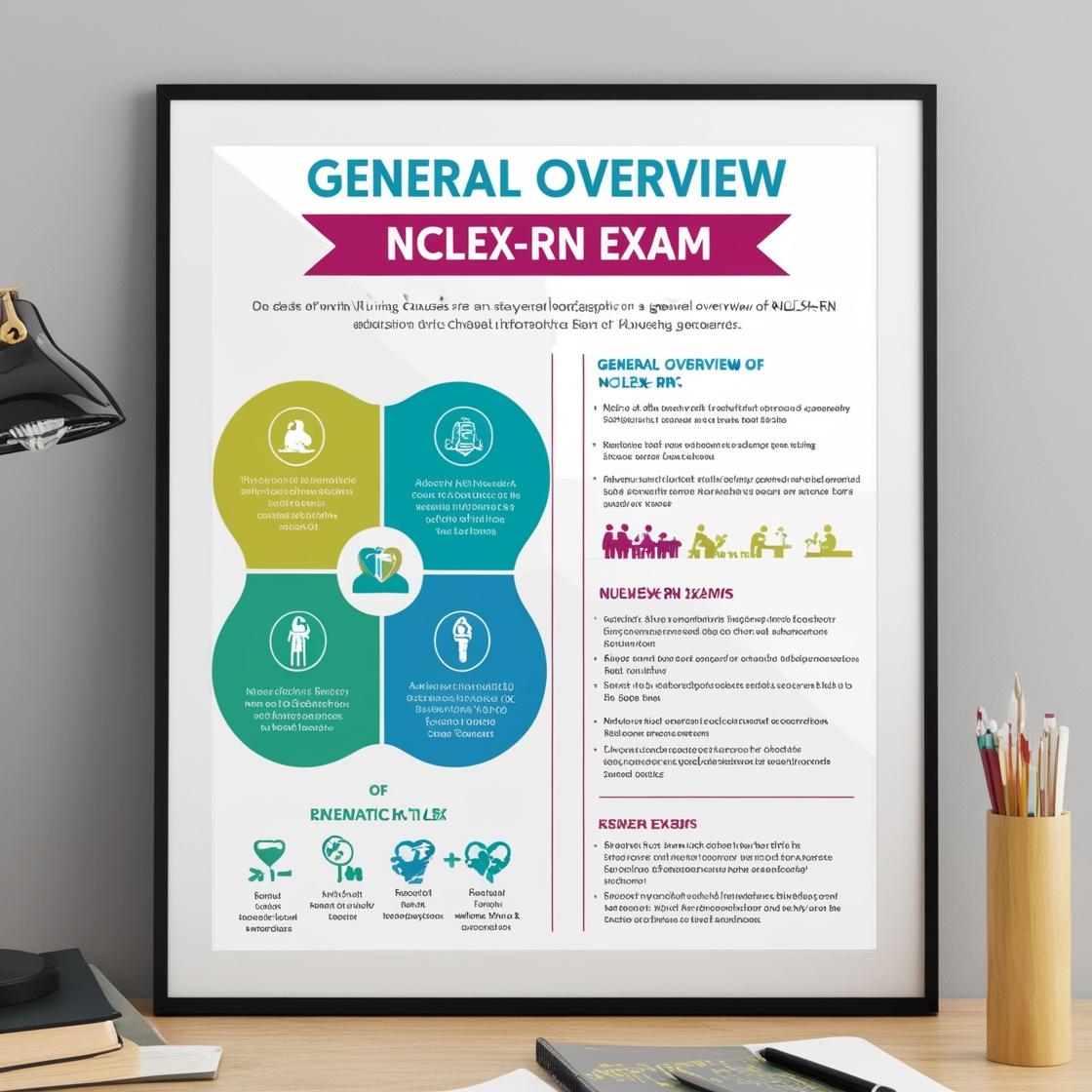NCLEX-RN
NCLEX Psychosocial Integrity Questions
1. A client with invasive carcinoma of the bladder is scheduled for a cystectomy and an ileal conduit. The client expresses worries about the possibility of offensive odors associated with the urinary diversion. How would the nurse respond?
- A. ''Tell me more about your concerns.''
- B. ''Products are available to address this issue.''
- C. ''This is a valid concern, and we can discuss ways to manage it.''
- D. ''Many individuals who undergo this procedure have similar worries.''
Correct answer: A
Rationale: The response ''Tell me more about your concerns'' is open-ended, encouraging the client to express their worries freely. This approach fosters communication and shows empathy. Option B acknowledges the concern and offers a solution, demonstrating support and understanding. Option C validates the client's worry and suggests collaboration in finding solutions. Option D normalizes the concern but may not address the client's specific worries, making it less therapeutic than the other options. Overall, actively listening to the client's concerns and offering support are essential in providing holistic care.
2. A client with generalized anxiety disorder presents with restlessness and fatigue. Which additional clinical manifestation would the nurse monitor for?
- A. Hoarding
- B. Panic attacks
- C. Excessive worry
- D. Fear of leaving the house
Correct answer: C
Rationale: The nurse would monitor for excessive worry. Generalized anxiety disorder is characterized by physical and cognitive symptoms of chronic or excessive anxiety and worry. Excessive worry is a core feature of generalized anxiety disorder. Hoarding is a symptom of hoarding disorder, not generalized anxiety disorder. Panic attacks are typical of panic disorder, not generalized anxiety disorder. Fear of leaving the house is a characteristic of agoraphobia, which is distinct from generalized anxiety disorder.
3. Which nurse statement defines boundaries in the orientation phase of the nurse-client relationship when talking to a depressed client who has just been admitted to the psychiatric unit?
- A. ''Tell me about the relationship that you have with your mother and father.''
- B. ''Hello! I'm Nurse Andrea. I'll introduce you around and help you settle in.''
- C. ''What is the main thing that you would like to work on during therapy?'
- D. ''I understand that you have been depressed. What can you tell me about that?'
Correct answer: B
Rationale: In the orientation phase of the nurse-client relationship, setting boundaries involves establishing the nurse's role and responsibilities while maintaining a professional distance. Option B demonstrates a clear boundary by introducing the nurse and offering assistance with settling in, which is appropriate for the initial phase of building rapport with the client. Choices A, C, and D delve into personal or therapeutic topics that are more suitable for the working phase of the relationship when the client's goals and problems are being addressed. Asking about the client's family relationships (Choice A), therapy focus (Choice C), or delving into the client's depression (Choice D) would be more relevant in later stages of the therapeutic process, once trust and rapport have been established during the orientation phase.
4. A client admitted with a diagnosis of cervical cancer tells the nurse, 'I haven't had a Papanicolaou (Pap) smear for more than 8 years. I probably wouldn't be in the hospital today if I'd had those tests more often.' Which response would the nurse provide?
- A. ''Please tell me why you waited so long.''
- B. 'You feel as though you've neglected your health.''
- C. 'It's never too late to start taking care of yourself.''
- D. 'Most women hate to have Pap smears done, but they're really important.''
Correct answer: B
Rationale: The correct response, ''You feel as though you've neglected your health,'' is appropriate as it indicates recognition of expressed feelings, encouraging verbalization. This response is nondirective and reflective. Choice A, asking the client why she waited so long, ignores the client's current emotional needs and may cut off communication. Choice C, stating that it is never too late to start taking care of her health, is judgmental as it implies that the client has been negligent. Choice D, although acknowledging the importance of Pap smears, fails to address the client's current emotional state and needs.
5. A client states that she is angry and feels rejected by her boyfriend. Which action would the nurse encourage?
- A. Call the boyfriend to work things out.
- B. Avoid confronting the boyfriend.
- C. Date new people whenever possible.
- D. Learn to constructively vent anger.
Correct answer: D
Rationale: The correct answer is to encourage the client to learn to constructively vent anger. Coping mechanisms, such as venting anger, can help the client address feelings of rejection. Calling the boyfriend to work things out is offering unsolicited advice and may not be effective in managing emotions. Avoiding confronting the boyfriend may reduce anxiety temporarily but will not assist in resolving the underlying issues. Encouraging the client to date new people whenever possible is not appropriate at this stage, as it is essential for the client to work through the current crisis before considering new relationships.
Similar Questions

Access More Features
NCLEX RN Basic
$69.99/ 30 days
- 5,000 Questions with answers
- Comprehensive NCLEX coverage
- 30 days access @ $69.99
NCLEX RN Premium
$149.99/ 90 days
- 5,000 Questions with answers
- Comprehensive NCLEX coverage
- 30 days access @ $149.99
